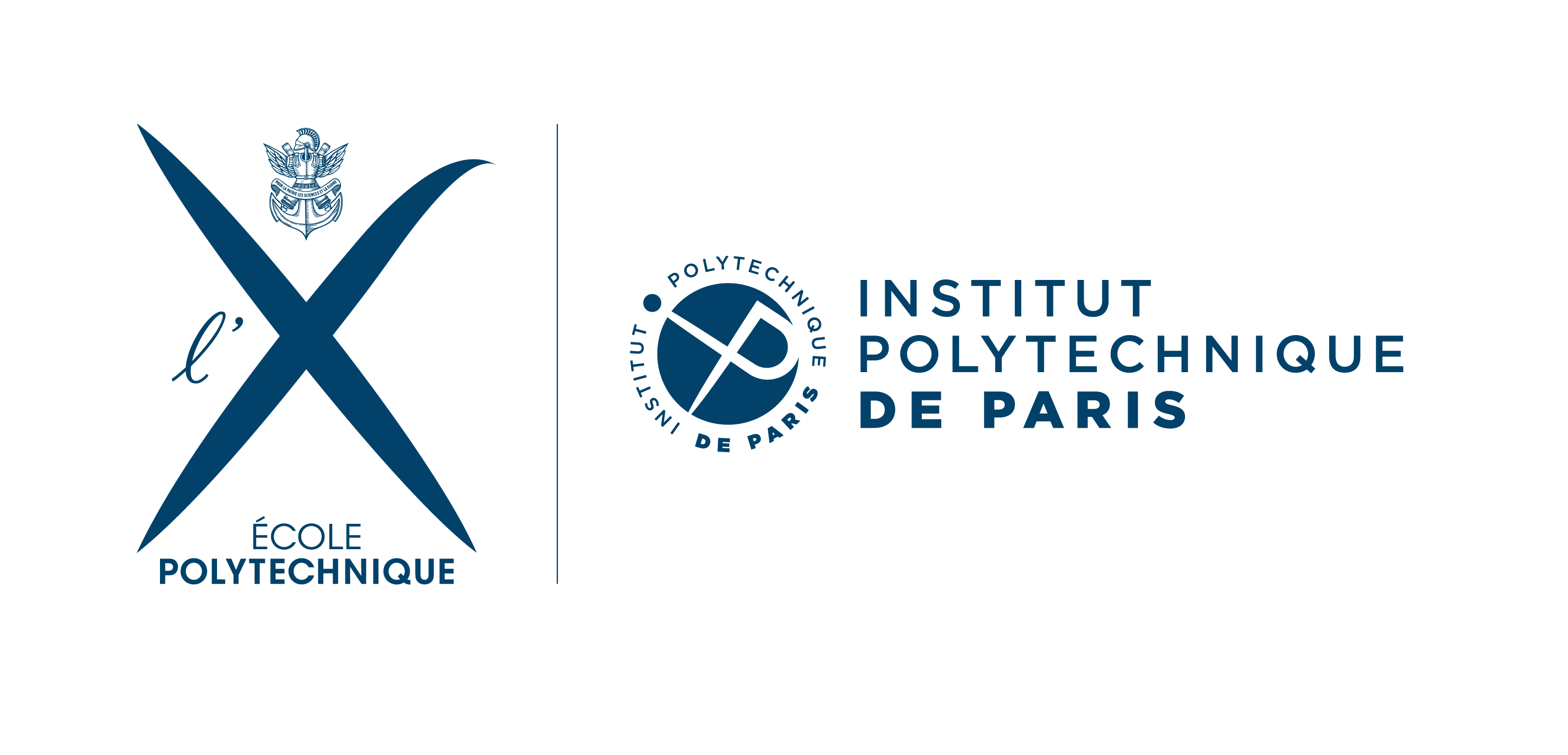About this course
Armed with the fundamentals and theory behind modern networking technology, this courses plunges into the reality of how the Internet really works, and how it came to be the resilient, yet in many ways quite fragile, world-wide system it is today.
While billions of people take the Internet for granted today, the system is still at its infancy and is subject to rapid and significant change. One of the interesting, and perhaps surprising, characteristics of the Internet is, that we as individual engineers still can make a difference: by examining what works and what doesn't, and understanding the science and art of what truly makes for a successful protocol, the Internet remains a ripe field of innovation.
In this course we will come face to face with the reality of what is and is not "broken" on the Internet today, how to examine the success or failure of an Internet protocol of their choice, and examine the economic and technical aspects of the patchwork of protocols and systems that make up the most complex distributed system mankind has ever created.
Requirements:
A good dose of curiosity is required.
As we will be studying some advanced topics in computer networking, INF557 "From the Internet to the IoT: The Fundamentals Of Modern Computer Networking" is also required
Evaluation mechanism: This course will be evaluated by way of (i) a traditional exam, and (ii) group projects and presentations.
Language: English
Expected learning outcomes
This course will provide students, who have a basic understanding of computer networking, with in-depth knowledge about computer networking protocols and architectures as used on the Internet. This includes aspects such as OSPF, BGP, The Internet Peering Ecosystem, “modern” transport protocols, such as MP-TCP and QUIC — as well as a thorough understanding of how Internet standards are developed and maintained.
This course assumes an understanding of computer networking fundamentals, a critical and analytical mind, and a lot of curiosity. Each lesson will consist of a lecture, followed by 2h of lab (TD). This course is calibrated so that a student should expect to spend 1-2h/week outside of class, reviewing material and/or preparing for activities in class in the following week.
Examination
Form: Final exam, weekly quizzes, graded assignments
Location/format: online
Re-sit possibility: yes
Transcript available: end of academic year
Add. info/requirements: 10 weeks after the beginning of the course. Internet access & a computer is required.
Course requirements
Any “introduction to networking” course.
Activities
The course will be available asynchronously, fully on-line, or on- side, through learning flows with short videos, quizzes, homework, lab exercises / tutorials — as well as office-hours via Webex with professors and instructors. While being asynchronous
More information
https://moodle.polytechnique.fr/course/view.php?name=INF566-2023- Local course codeCSC_52066_EP
- Study loadECTS 5
- LevelMaster
- Contact hours per week[unknown]
- InstructorsThomas Clausen, Jean-Louis Rougier
- Mode of deliveryOnline - time-independent
- Course coordinator
Start date
8 January 2025
- End date18 March 2025
- Main languageEnglish
- Apply between29 Oct and 29 Nov 2024
- Time info[unknown]
Only 8 days to applyApply now
